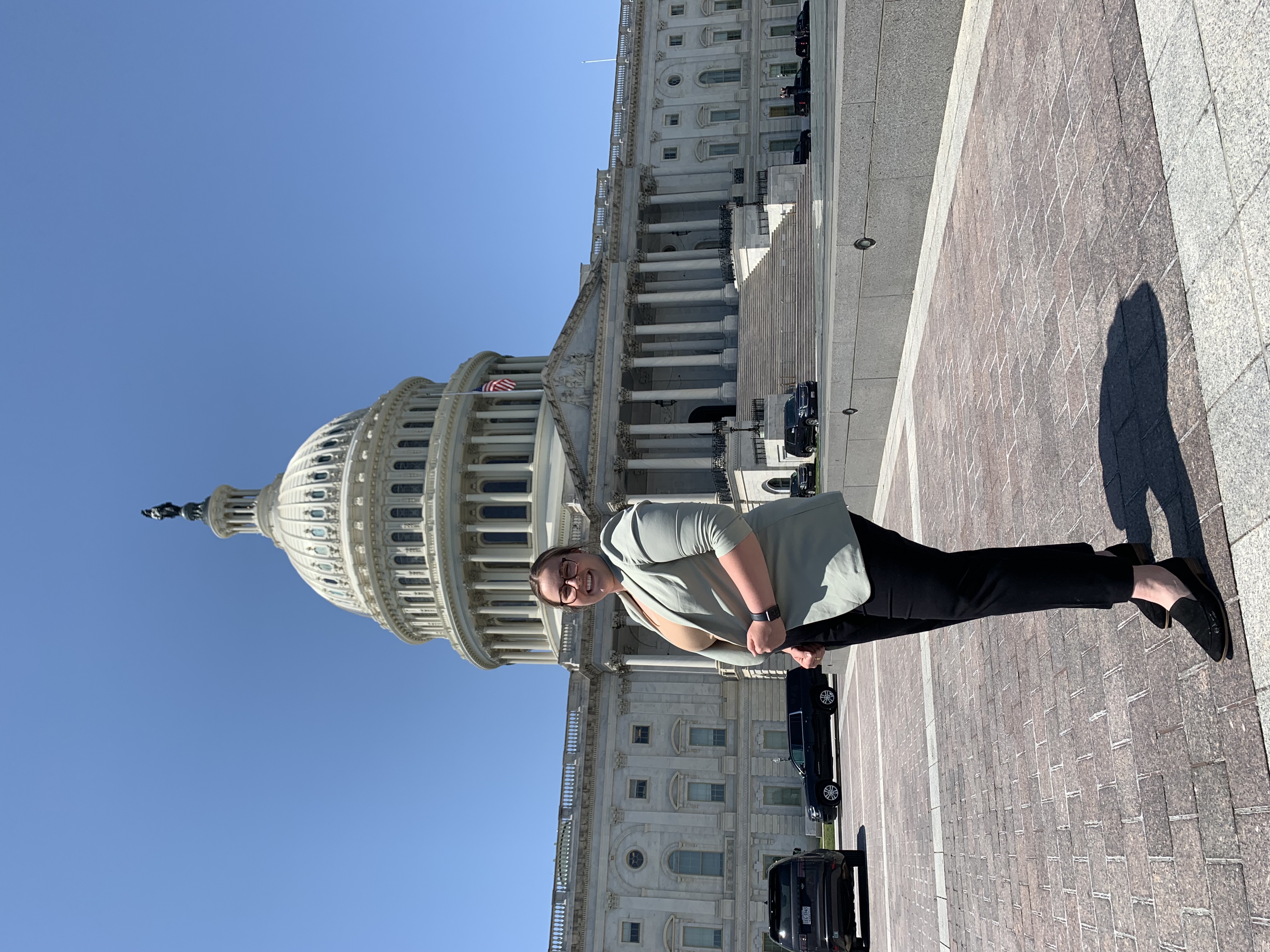Celebration of Scholars
#63: Moving Wisconsin Forward: High-Speed Rail Implementation and Wisconsin Politics
 Name:
Nicole Biba
Name:
Nicole Biba
Major: Political Science
Hometown: Cuba City, Wi
Faculty Sponsor: Jerald Mast
Other Sponsors:
Type of research: Senior thesis
Abstract
Wisconsin has been behind on progressive policies compared to its neighboring states for years. Implementing high-speed passenger rail would be the state’s chance to finally live up to being the “forward” state. Little high-speed rail throughout the remainder of the country allows Wisconsin the opportunity to be the leader in new transportation. The benefits of passenger rail are that it would bring accessible, affordable, and reliable public transportation, leading to an increase in tourist trends. Wisconsin had a record-breaking year, 2022, in benefits from tourism, and with more accessible and faster transportation, tourists would find traveling to less familiar destinations more appealing. Using rail would also benefit the environment by reducing emissions compared to driving. The main component holding the state back is not property rights or policy ideas. Instead, it is due to rural consciousness and the resentment rural communities hold against urban communities. With continued polarization, politics play a crucial role in implementation, which would require bipartisanship for the betterment of the state. When Wisconsin had its chance at federal funds for rail, believing it was a waste of taxpayer money, it squashed the opportunity. Recently, officials announced new plans for passenger rail from Chicago to the Twin Cities, but the journey takes longer by rail than by car since it is not high-speed. To become less car-dependent, Wisconsin should implement public transportation that is affordable, accessible, and faster than driving. The answer is high-speed passenger rail.Submit date: March 26, 2024, 4:52 p.m.
